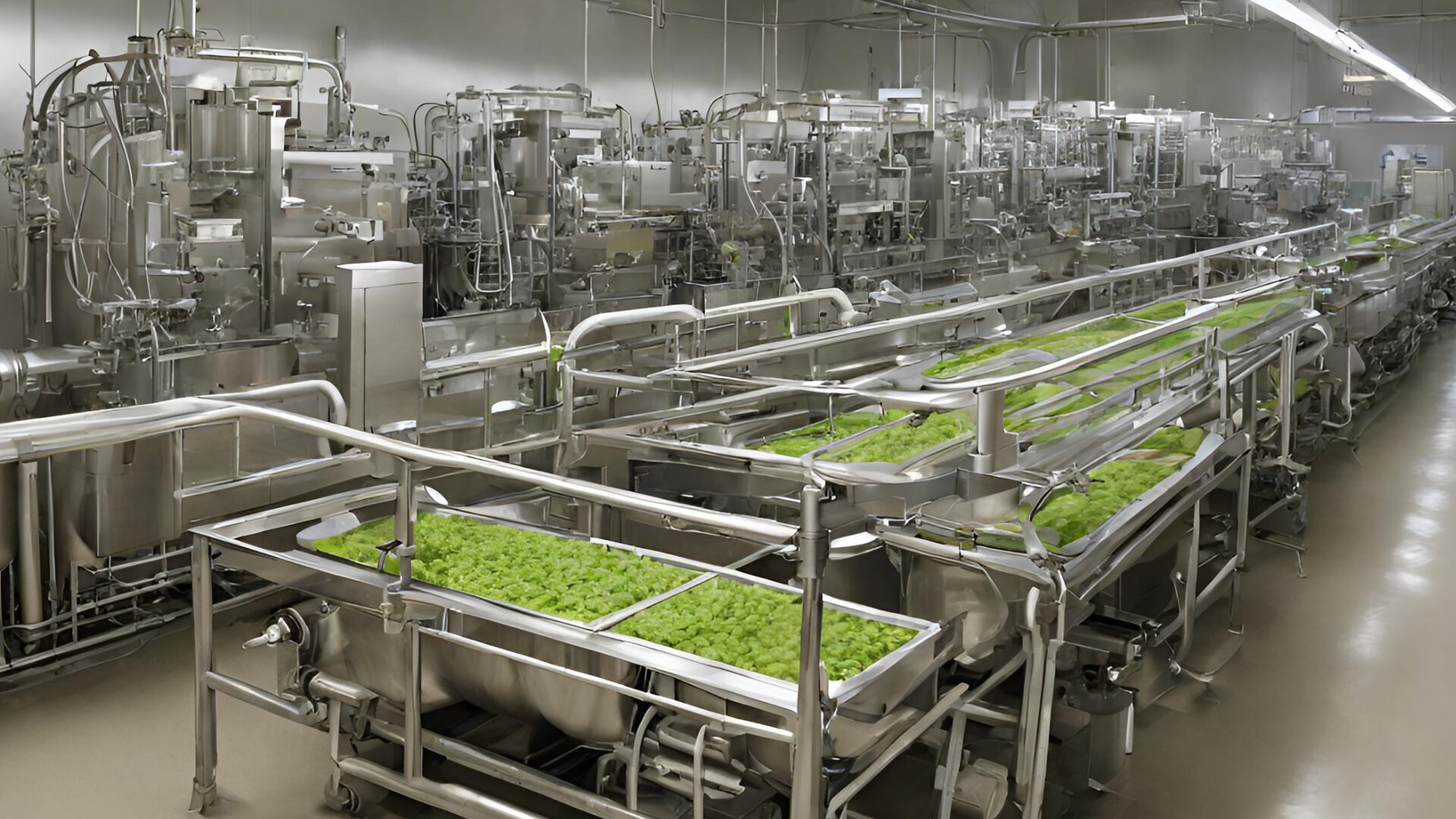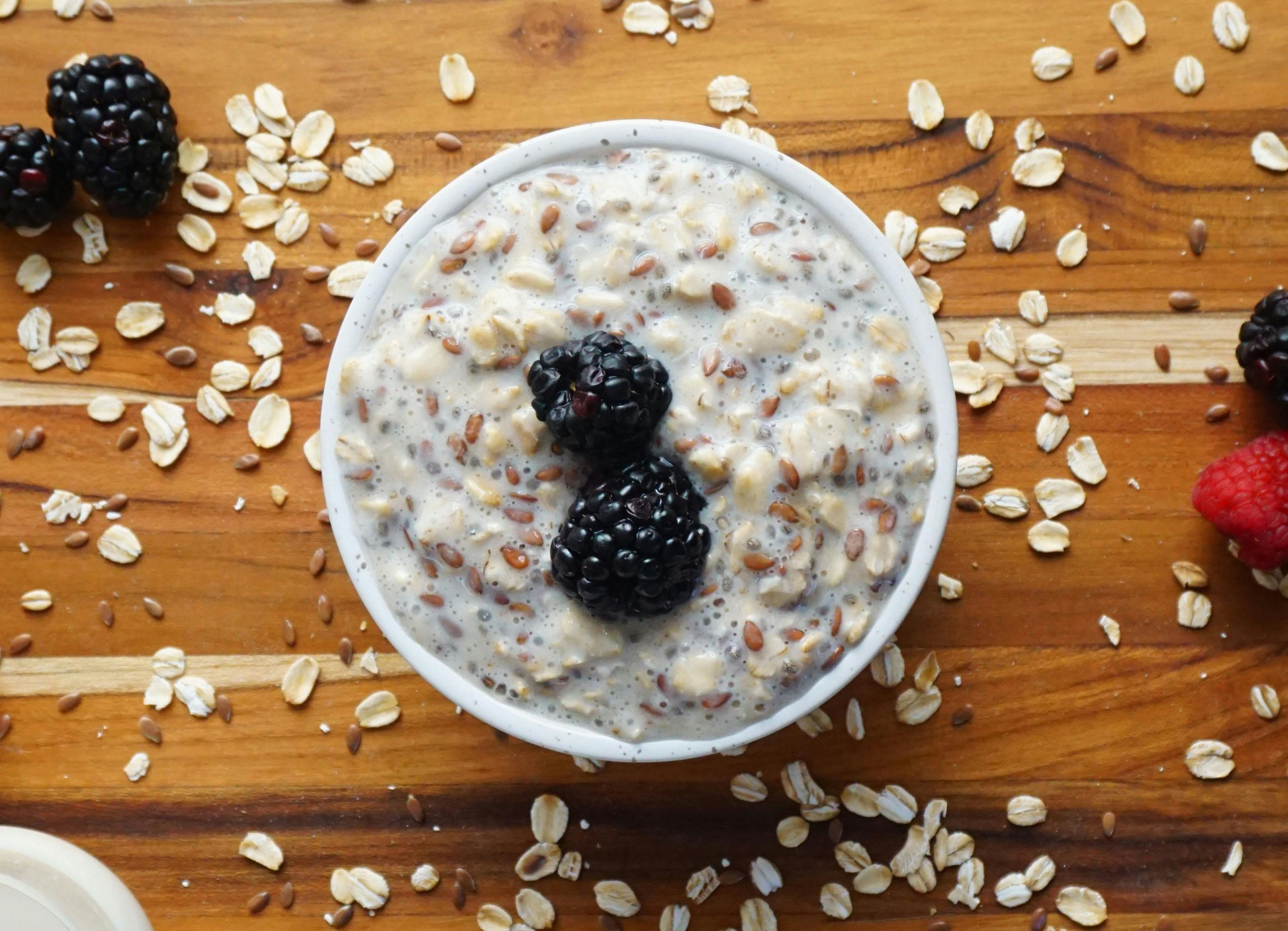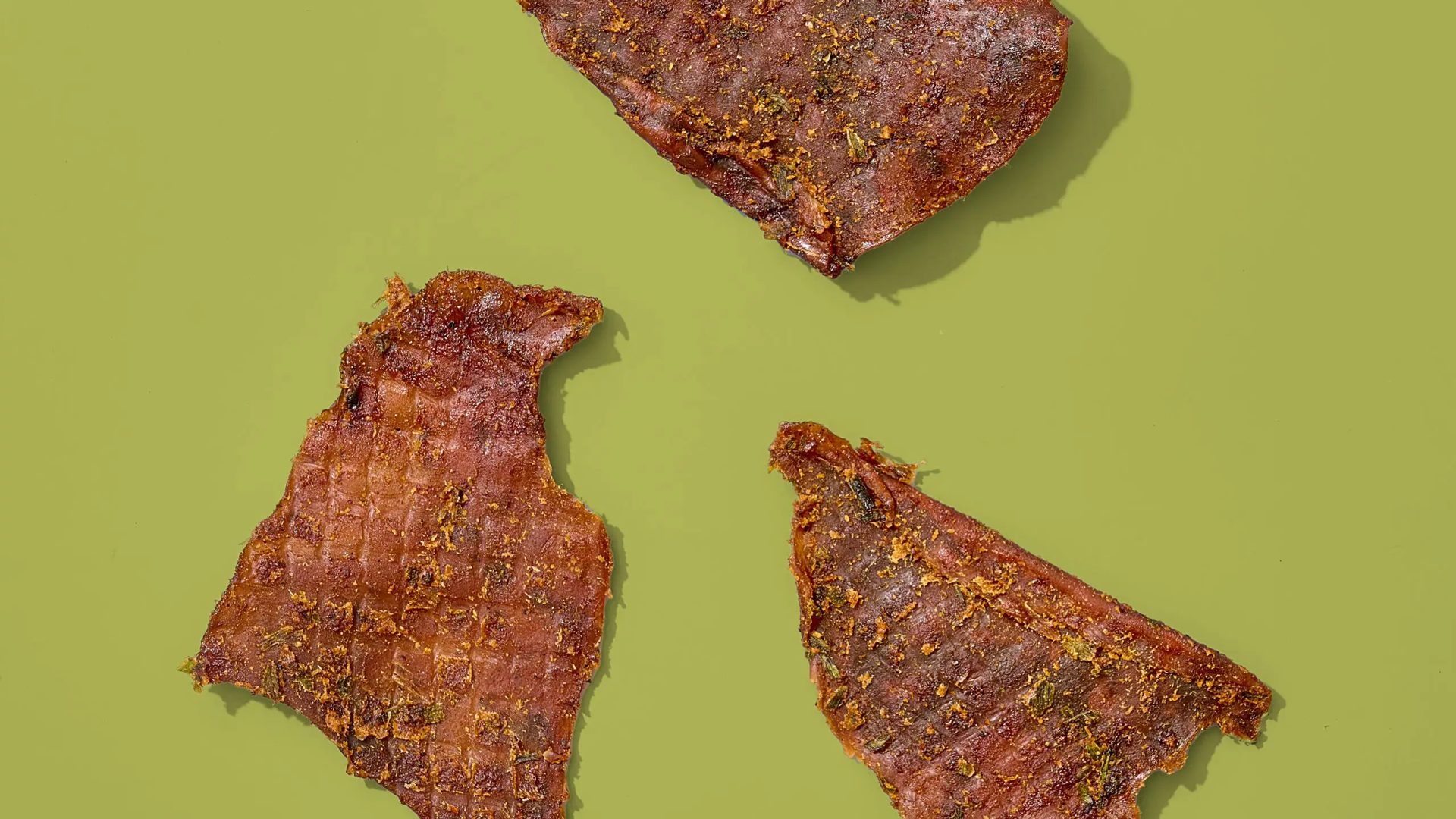The food industry is witnessing a groundbreaking shift toward innovative food products that blend different species into one, creating what some may call “frankenfoods.” Two recent developments have caught the attention of food enthusiasts and scientists alike: beef-infused rice and plant-based dairy technology.
Beef-Infused Rice: A Novel Protein Source
Researchers in Korea have successfully created beef-infused rice by incorporating muscle and fat cells from cows into rice grains. This hybrid grain, rich in protein and fat, offers a promising alternative to traditional meat production methods.
The use of rice as a scaffold for growing beef cells not only enhances the nutritional value of the rice but also presents a more environmentally friendly and cost-effective approach to producing protein-rich food.
“Finding alternative protein sources or making conventional livestock production more efficient is critical,” says Jon Oatley, an animal biotechnologist at Washington State University in Pullman. “It’s probably one of the most important things facing the future of the human race.”
Plant-Based Dairy Technology: A Dairy Seed System
Miruku, a New Zealand-based food tech company, has pioneered a plant-based dairy technology that leverages plants to produce dairy proteins that can be extracted from its seeds. By programming plants to act as mini factories for producing proteins traditionally derived from animals, Miruku aims to address food security, nutrition, and environmental sustainability challenges.
This innovative approach not only offers versatile ingredients for the food and beverage industry but also positions plant-based dairy as a viable alternative to traditional dairy production methods. Like other such tech-based ventures, production costs remain a crucial limiting factor.
Frankenfoods: A Fusion of Species
The concept of frankenfoods has long been intriguing and calls to mind earlier experiments that encoded firefly genes in tobacco plants—allowing them to glow in the dark, pictured below.
Such a fusion of different species opens new possibilities for sustainable food production, addressing issues such as food scarcity, environmental impact, and ethical concerns associated with traditional agriculture practices.
As we navigate the evolving landscape of food technology, these novel approaches to food production challenge conventional norms and yet may pave the way for a more sustainable and diverse food future. Whether it’s beef-infused rice or plant-based dairy systems, the intersection of genetic and culinary technology is emblematic of the innovative solutions that lie ahead in the food world.











